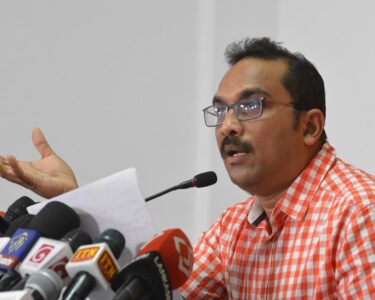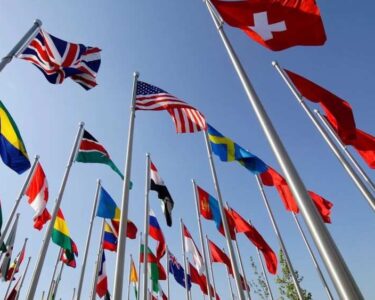Sri Lanka is seeking to revise a clause in an agreement with India that grants India veto power over petroleum development in Trincomalee. The clause, which is part of a 2022 deal leasing Trincomalee oil tanks to India, requires Sri Lanka to obtain approval from the Indian Oil Corporation (IOC) before undertaking any petroleum development activities in the Trincomalee district.
Sri Lanka’s Energy Minister Kanchana Wijesekera acknowledged the existence of the clause and stated that the government is working to rectify it. He explained that the agreement was signed during a period of severe foreign exchange shortages and that the government had to rely on India for financial assistance. However, he emphasized that Sri Lanka’s sovereignty should not be compromised, and the government is seeking to amend the agreement to remove the veto power granted to India.
Opposition legislator Kabir Hashim raised concerns about the clause, questioning why Sri Lanka would need India’s permission to develop its own resources. He expressed fears that the clause could hinder Sri Lanka’s economic growth and autonomy.
Escape routes:
The issue highlights the delicate balance between Sri Lanka’s need for foreign investment and its desire to maintain sovereignty over its resources. While India has been a significant source of financial assistance to Sri Lanka, the veto power granted to India over petroleum development in Trincomalee raises concerns about Sri Lanka’s ability to independently manage its own resources.
To resolve this issue, Sri Lanka could engage in diplomatic discussions with India to seek a mutually agreeable solution that allows for both foreign investment and Sri Lankan sovereignty. This could involve renegotiating the clause to limit India’s veto power to specific areas or establishing a joint commission to oversee petroleum development activities in Trincomalee.
Sri Lanka should also explore alternative sources of investment and development partnerships to reduce its reliance on a single country. By diversifying its investment portfolio, Sri Lanka can strengthen its economic resilience and avoid situations where it has to compromise its sovereignty in exchange for financial assistance.







